Continuing our NR30 series this week, we focused on the leaders of the software development industry that make augmented reality experiences possible. In other news, two of the current leaders in making AR headsets, Microsoft and Magic Leap, are pursuing multiple verticals with their products, as both now appear to be interested in making AR headsets for the military.
And while the consumer segment of AR is currently mostly driven by smartphones and tablets, it's that same mobile AR space that will likely serve as foreshadowing for future mainstream wearable-based AR experiences. The latest example comes from Snapchat and Amazon, a pair of companies now moving forward with a partnership that could eventually serve as the foundation for future AR smartglasses from Snap.
The Leaders in Software Development
The 3D content tools used to create realistic video games and immersive virtual reality experiences are, for the most part, the same ones used to build augmented reality experiences. As a result, Unity and Unreal are the engines behind the majority of AR apps. As these engines become more sophisticated, the AR experiences they power become more capable of twisting our world into the fantastical. At the same time, tools are emerging that are democratizing development and making it easier for non-coders to create AR experiences as simply as they would put together a PowerPoint or Keynote presentation.
The app developers on this list have demonstrated their understanding of the difficulties involved in balancing the qualities of a good app and how to apply those attributes to augmented reality. From the apps to the tools that developers build them on, the following are the NR30 software developers, executives, and entrepreneurs who are making our AR dreams a reality...
REALITY BITES: Initial results are in for two recent Pokémon GO imitators. Mobile AR game The Walking Dead: Our World has grossed $8 million worldwide within two months of release, while Jurassic World Alive has surpassed $25 million in gross revenues. While these returns may sound impressive on their own, remember that Pokémon GO closed its debut year with more than $1 billion in revenue.
Magic Leap, Microsoft May Make Military AR Headsets
Citing bid documents and sources close to the situation, Bloomberg reports that the US Army is seeking technology companies to supply 100,000 headsets at a total price tag of about $500 million, with an initial order consisting of 2,500 units within the first two years of the contract.
Microsoft has confirmed that it attended a pre-bid conference for the US Army's HUD 3.0 project, with Booz Allen Hamilton Holding Corp., Lockheed Martin Corp., and Raytheon Co. among the other companies meeting with Army representatives. While Magic Leap wasn't officially listed among the participants, a company listed as MLH with the website "mlhorizons.com" and the same address as Magic Leap is reported to have attended. As Bloomberg reports, Chosen Realities is a Magic Leap subsidiary, and has filed paperwork to do business as ML Horizons.
Read on to learn how Magic Leap may already have the inside track on this lucrative contract and how the winning the contract could catalyze consumer AR headset development...
In other Magic Leap news, Germany-based Sennheiser has announced an official partnership with Magic Leap through the company's "Works with Magic Leap" certification program. Continue reading to learn how this partnership could enhance the already great spatial audio on the Magic Leap One...
REALITY BITES: It appears that Facebook is looking to build its own chips for "AR devices where our real and virtual world will mix and match throughout the day." Facebook's AR research arm, Facebook Reality Labs, is hiring a Silicon Power/Performance Architect. The company seeks to build processors that can run the computer vision, machine learning, and body tracking technologies developed at the company's research lab.
Microsoft Pitches HoloLens to Industry via Success Story from Chevron
Four months after unveiling the latest productivity apps for the HoloLens, Microsoft now has a series of compelling real-world use case videos showing how the augmented reality device and its apps are helping oil giant Chevron.
In particular, Chevron has benefited from using the Remote Assist app, which gives HoloLens users the ability to call remote experts and share their video feed, through which those experts can annotate the view and guide the caller through complex processes.
Read further to find out how Chevron is already realizing "real, measurable results" through the HoloLens...
REALITY BITES: Mobile game developer Telltale Games, the company that licensed games for Game of Thrones, The Walking Dead, and Guardians of the Galaxy, is closing its doors and faces a class action lawsuit over the resulting layoffs. However, mobile gaming's loss may be mobile augmented reality's gain. Ubiquity6 co-founder Anjney Midha took to Twitter to invite recently displaced Telltale talent to join the AR cloud company's team. His DMs are open!
Snapchat Expands Its AR E-Commerce Capabilities with Visual Search for Amazon
Snapchat has officially unveiled its Visual Search service for Amazon (teased a month ago), a tool the company began testing on Monday.
Now, when the app recognizes a barcode or a matching object, a card for the corresponding product on Amazon will appear on the screen. That card will then lead the user to the Amazon website or app to complete the purchase. Visual Search will roll out to various users slowly over the coming days and weeks (so if it's not available on your app, check back again soon).
Keep reading to learn how Visual Search fits into the foundation of future smartglasses from Snap and how the feature rounds out Snapchat's existing portfolio of AR tools for brands...
Speaking of Amazon, the company will hand out more than $100,000 in prizes as part of the Amazon Sumerian AR/VR Challenge...
REALITY BITES: Instagram co-founders Kevin Systrom and Mike Krieger sent shockwaves through the tech world on Monday by confirming their intentions to leave their baby in the hands of parent company Facebook. The duo has had a taste of augmented reality through the integration of Facebook's AR platform into Instagram, so it's worth wondering whether future AR software development could be part of their stated "curiosity and creativity" reasons for leaving. Meanwhile, the HR department at Facebook/Instagram competitor Snap, Inc. did not fare any better, as Mary Ritti, the vice president of corporate communications and Snapchat's ninth employee ever, revealed last week that she would depart the company at the end of the year.
Every Friday, Next Reality reviews the latest headlines from the financial side of augmented and mixed reality. This weekly Market Reality column covers funding announcements, mergers and acquisitions, market analysis, and the like. Check out previous editions of Market Reality for more news you may have missed.
- Follow Next Reality on Facebook, Twitter, Instagram, YouTube, and Flipboard
- Sign up for Next Reality's daily, weekly, or monthly newsletters
- Follow WonderHowTo on Facebook, Twitter, Pinterest, and Flipboard
Cover image via Unity/YouTube


















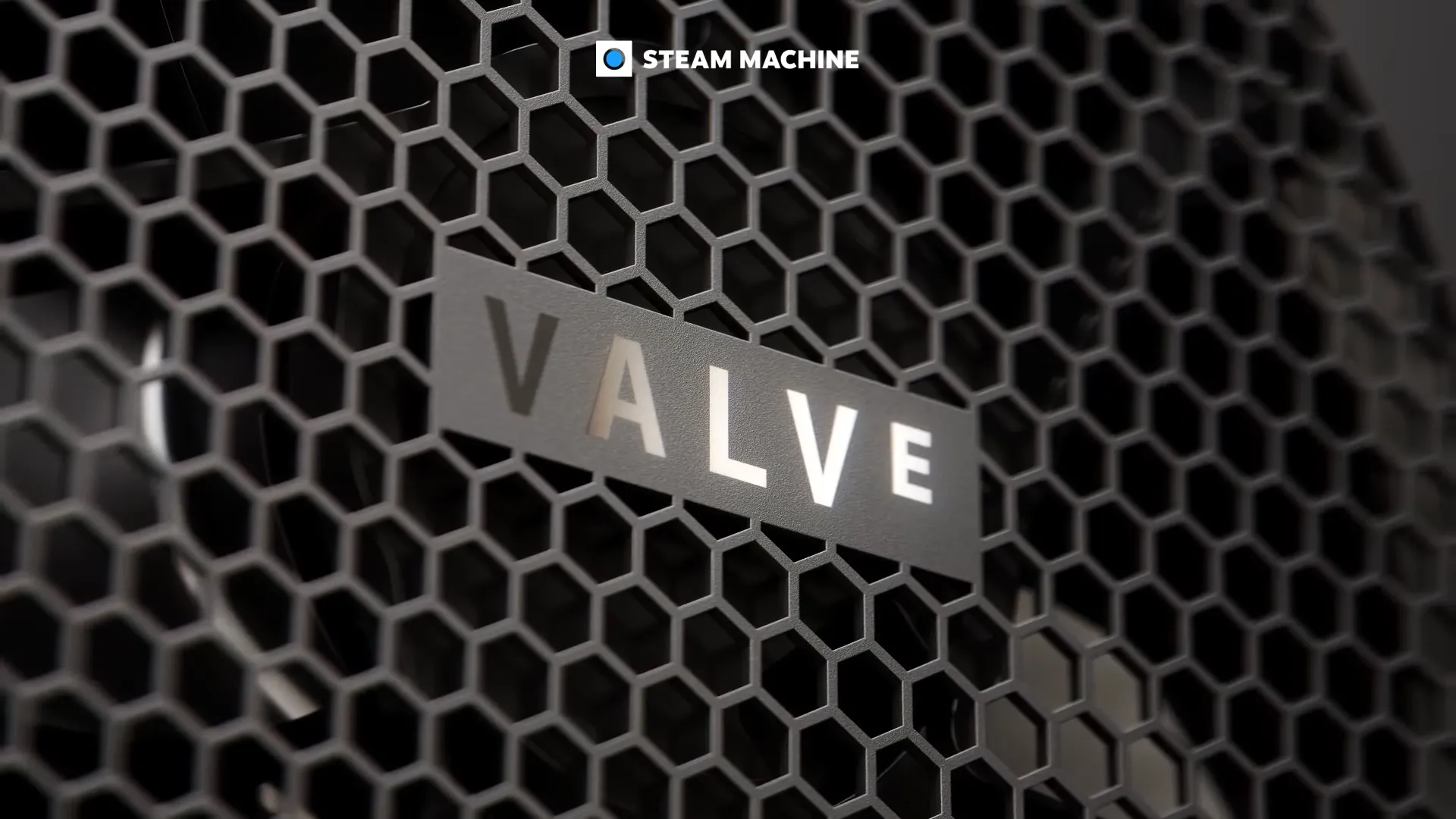
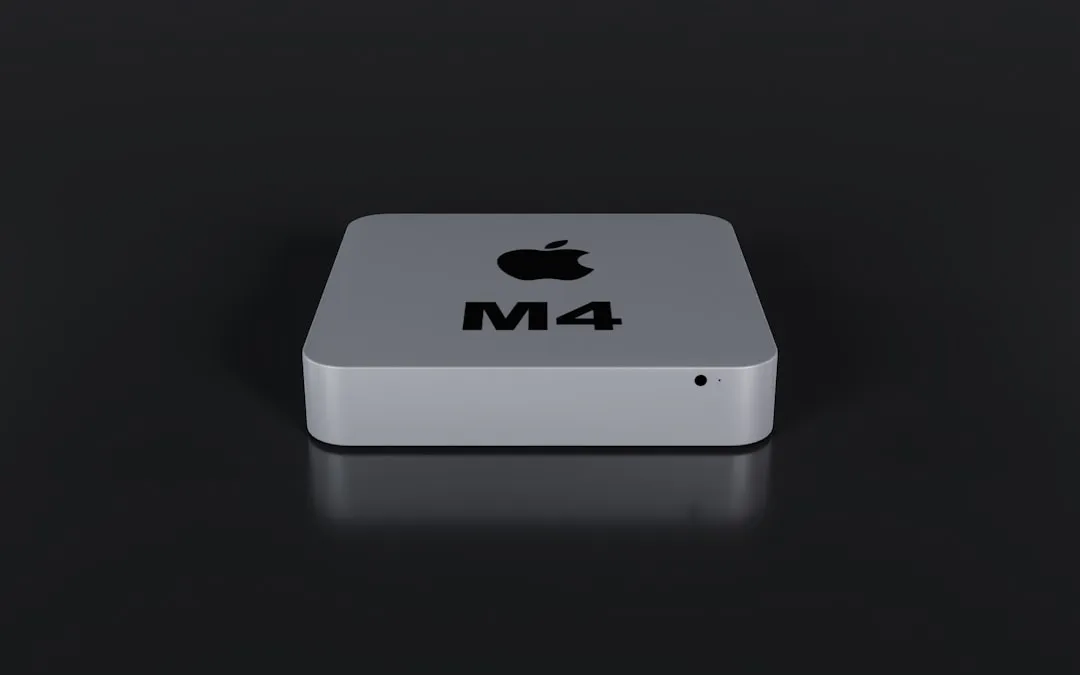
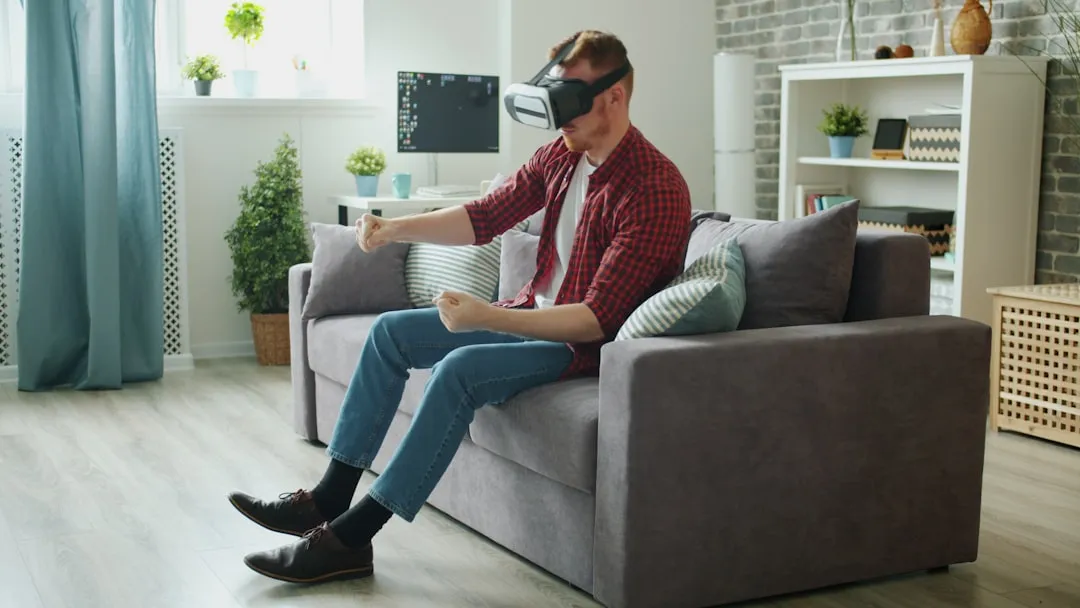
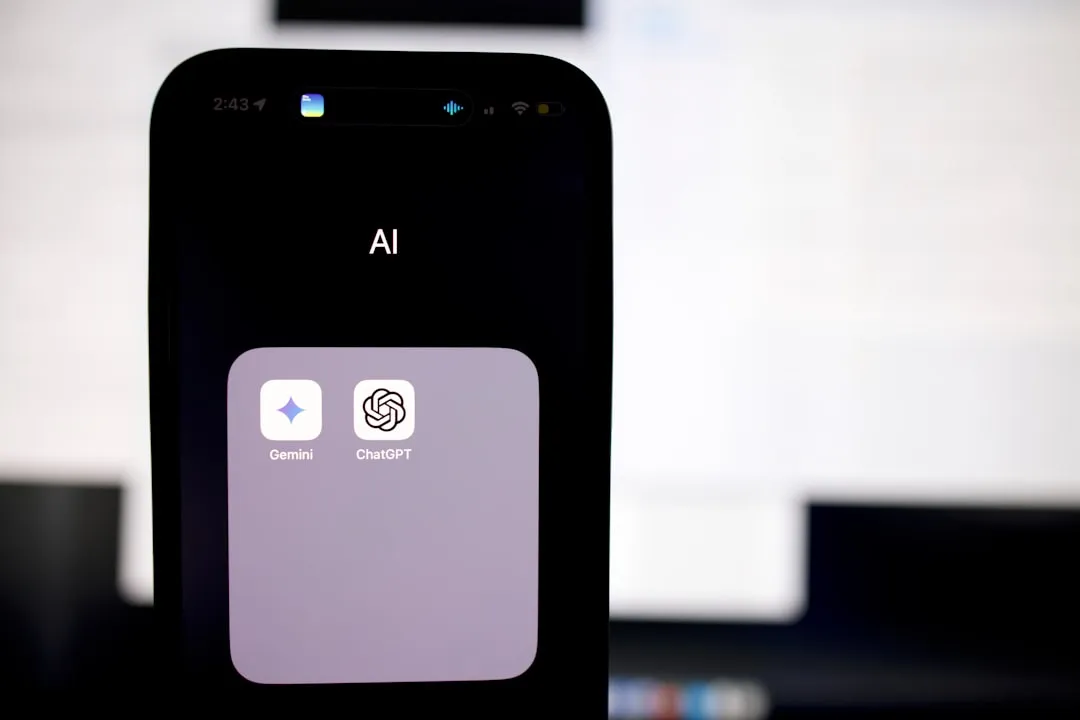
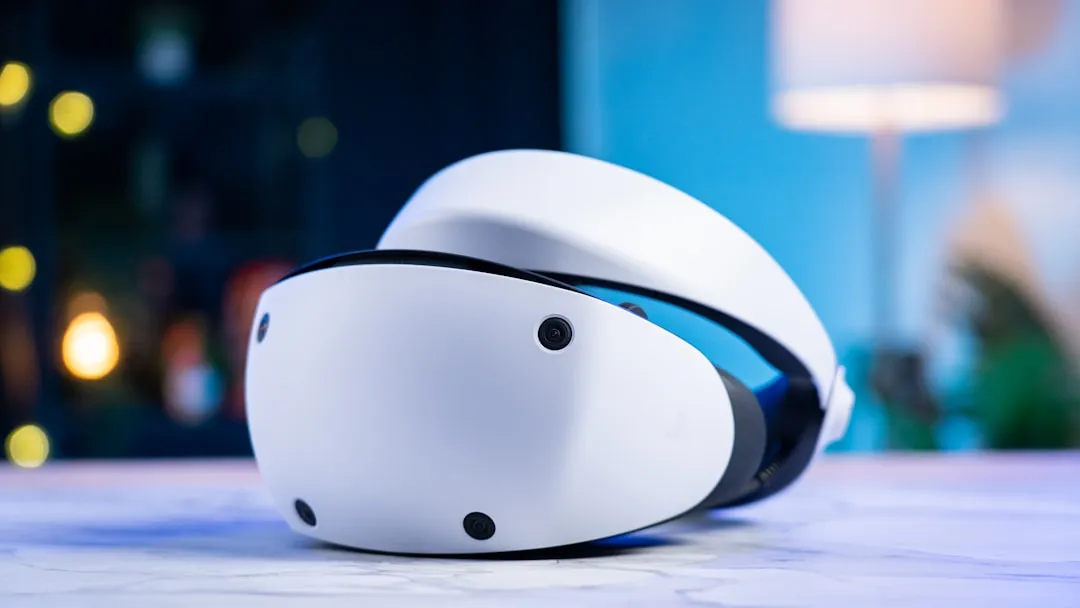



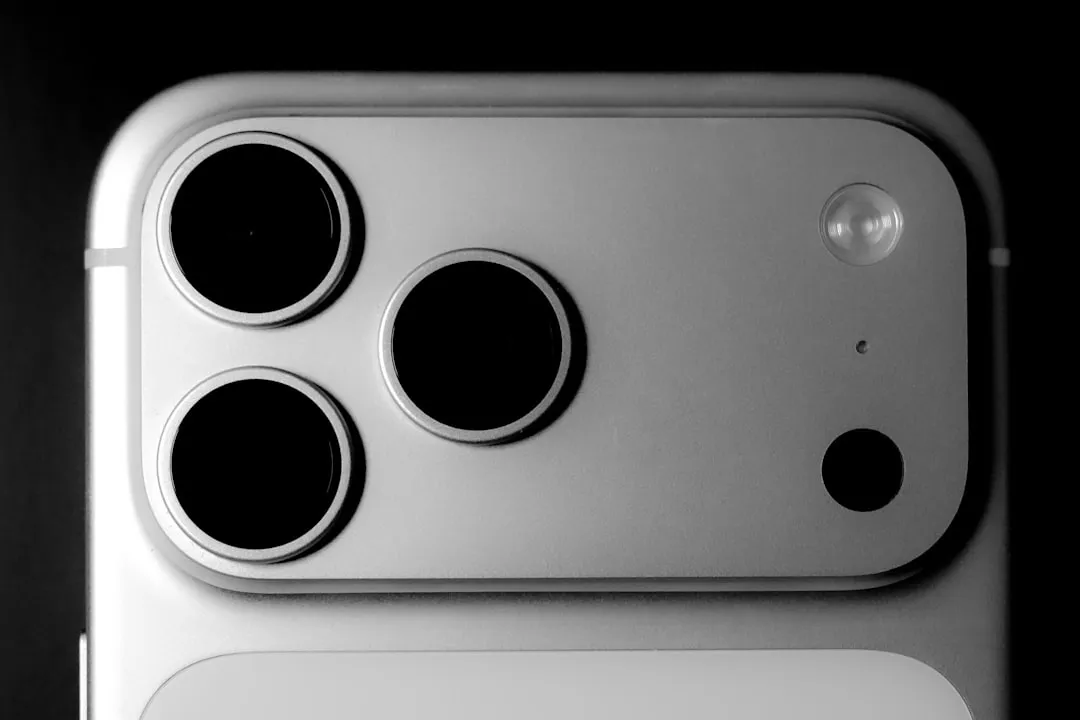

Comments
Be the first, drop a comment!